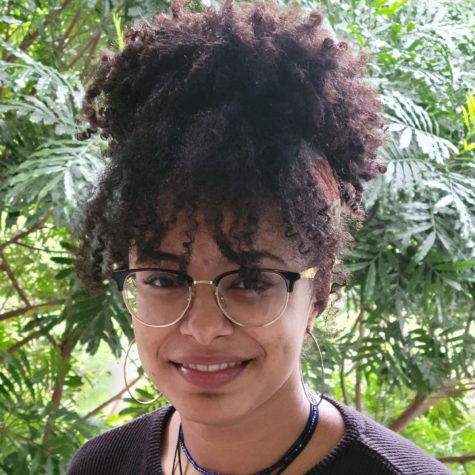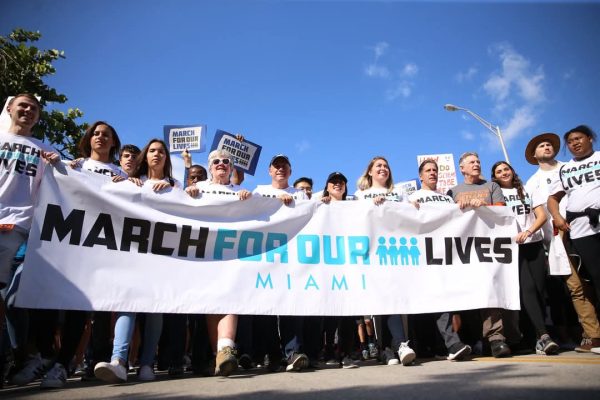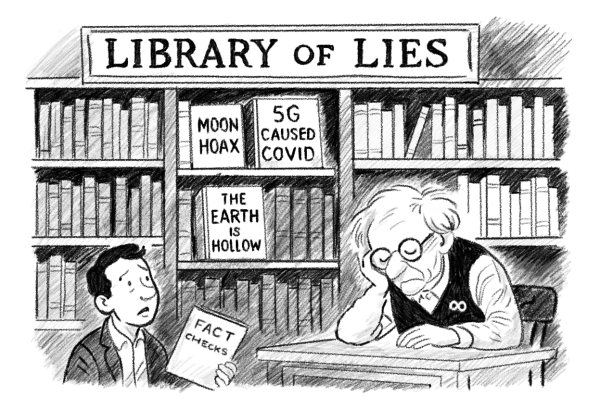Opinion: Identity clubs need updating. The solution? Affinity groups.
Each year, Ransom Everglades students hear the words of Paul Ransom’s letter to accepted students and his definition of the “third class” of people: those who put more into the world than they take from it. This motto is not only engrained into academic life at RE, but also the philosophy behind school clubs, which must fulfill certain service requirements. Clubs are expected to engage with both the larger RE community (through events like assemblies) and the larger community outside the school’s walls (through service projects).
While these requirements may work well in accordance with the goals of service-oriented and interest-based clubs, identity-based clubs should not need to be held to the same standards. Their missions do not tie directly into community engagement or service but instead focus on providing a safe space for students of that identity on campus. They do fulfill the definition of that “third class” of people, but in a different way—and RE as an institution should give them the space to do that.
An affinity group is a community of people tied together by a shared identity. Its purpose is to provide a space where students of that particular identity can feel comfortable and safe enough to share their experiences and feelings. Current identity-based clubs at RE, such as the Black Students Association and Latin-American Students Association, are able to perform that role to some extent, but the rules governing them force them to focus their attention largely on upholding requirements that are more tailored to service-based clubs.
The main issue is not that identity clubs must participate in direct dialogue with the rest of the school, but that student activity requirements mandate this dialogue and define it as a core part of each club’s mission.
“The function of clubs [is] more concentrated to putting on an assembly or putting on events that are in direct dialogue with the larger school community,” explained Dr. Brandon King, the sponsor of RE’s Black Students Association. Clubs have requirements for “specific markers of productivity” and updates that must be provided through forms.
Under this arrangement, if identity-based clubs were to decide that their main focus for this year, or for next year, is to stop hosting yearly assemblies or big productions and focus on internal issues, they would risk being disbanded. The expectations are that “as an identity-based club something like an assembly [is being produced] every single year.”
Affinity groups, by contrast, would look to get away from the idea of meeting these benchmarks and focus instead on creating a safe space first and foremost. This change would not necessarily mean the end of identity-based assemblies; it would simply mean that each group would have, as Dr. King put it, “more of a democratic say in how it engages with the larger institution.”
Identity clubs’ purpose should be to provide a space where students of a particular identity can feel secure. That security should not be violated in favor of upholding requirements that are tailored to service-based clubs.
If implemented at RE, affinity groups would put more power into the hands of the student members of said groups. It would give them free rein over their interactions with the community both inside and outside of RE. Were these safe spaces to be converted to affinity groups, members would no longer be forced to disrupt their comfortable environment for the sole purpose of school engagement. This flexibility would provide them with the opportunity to, for example, develop their identities on their own terms through discussions with the members of the group.
Having these affinity groups would, according to Annika Gelber ’23, “lead to a more comfortable and safer environment for everyone.” Students would have someone who shares similar experiences “right along with them [showing them] that they are not alone in the situations they face.” She added that “being able to communicate with others in a safe environment is [key] to being comfortable […] and when you’re comfortable, it leads to more success in your environment.”
Affinity groups are about who someone is, rather than what someone is interested in. Since these types of clubs are so different from one another, they should not be held to the same standards.
Obtaining affinity group status would be especially beneficial to identity groups like “BSA or GSA, where they won’t feel pressured into doing […] something specifically related to Ransom [Everglades] and could do something more for themselves and their group,” Inceni Cabrera ’22 explained. “These groups are meant to have conversations and be a safe space for these students and that shouldn’t be so easily taken away by [the clubs] not meeting certain […] requirements.”
Giving identity-based clubs the option to become affinity groups would benefit not only the members, by allowing them to have a safe space where they can share their experiences and cultures, but also the greater Ransom Everglades community. If the members of these groups had greater opportunities to develop and understand their own identities, they would be in a better position to be successful as members of the community at large.






